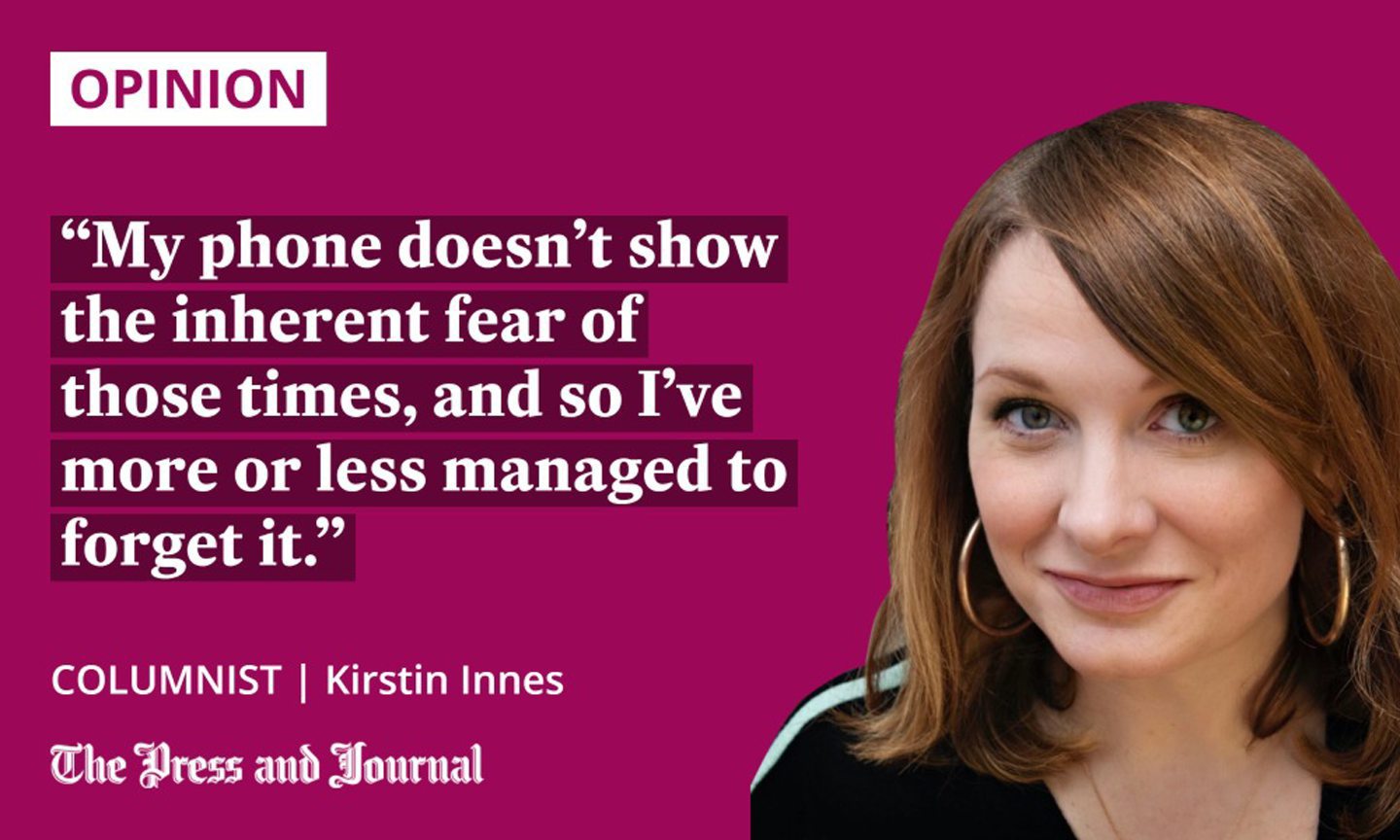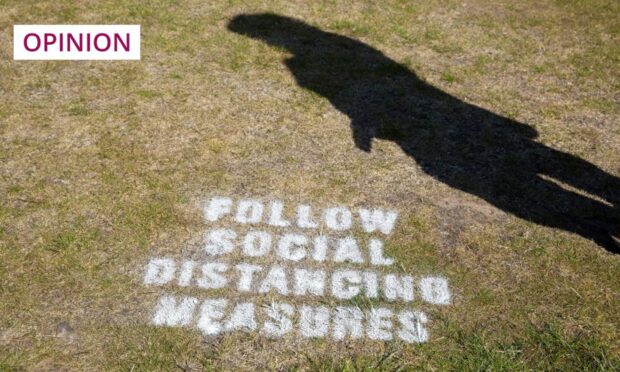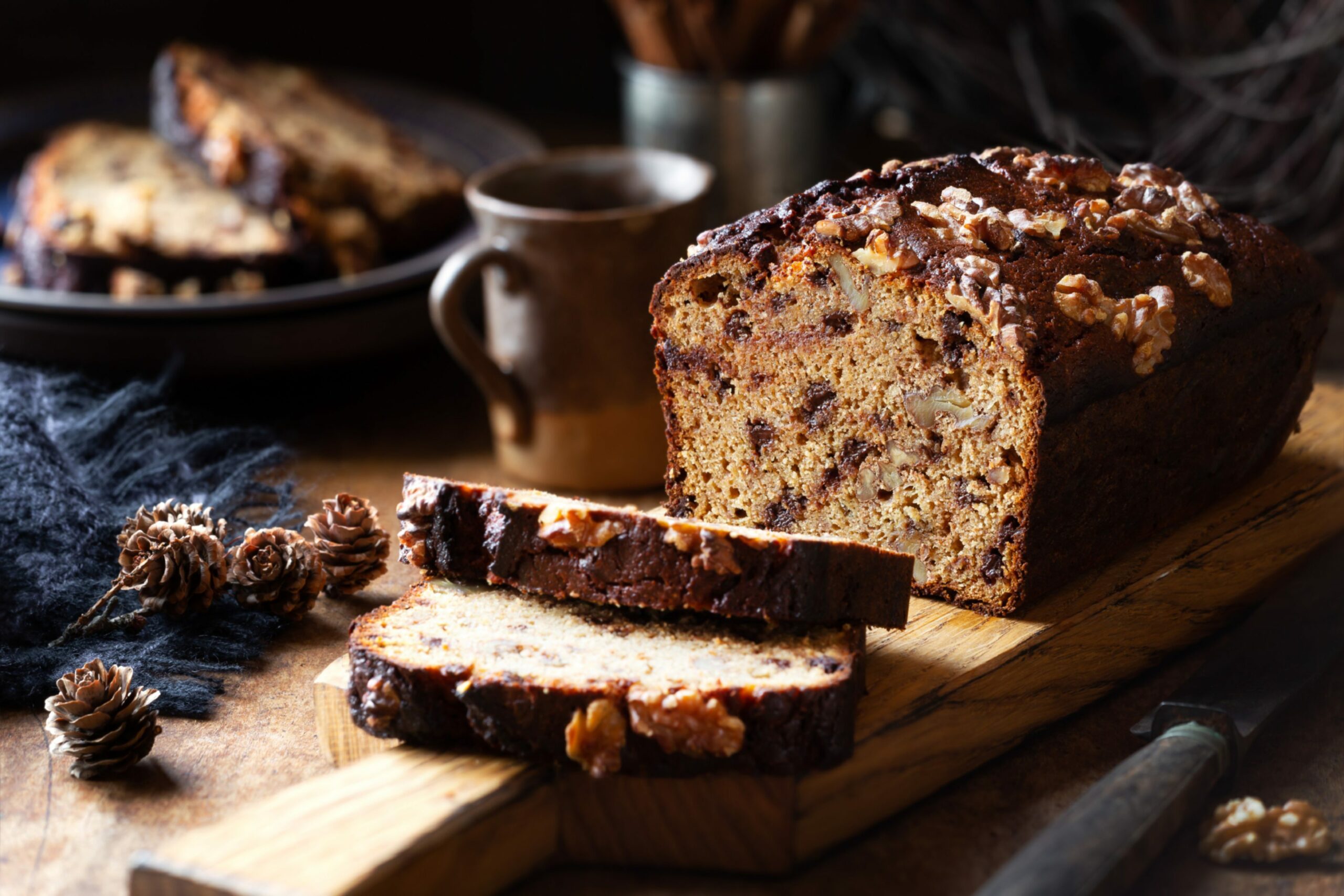I celebrated the start of the Easter holidays by dropping the sharp end of a laptop on my toe, producing noises my partner observed that he hadn’t heard me make since childbirth.
I’m now hobbling around with my foot strapped up and my sense of balance all gone, while other people run my children like labradors in the woods. Occasionally, I look out the window and the sun mocks me; the weather report predicts black clouds and rain by the time I’m sturdy again.
My phone chimes with pictures of my boys climbing trees and building dens; they’ve come home with more freckles each day. I was supposed to be doing that with them. The Easter holidays are usually my favourite time of year, too.
This winter has felt bleaker than I remember them being; is it just the weather? Is it the unholy alliance of the weather and the state of the world? Are my Vitamin D stores diminishing as I age? Is that even a thing? Or do I just forget every year how hard Scottish winters hit me?

Despite being stuck in the house with only a £1 bunch of supermarket daffodils for company, I’ve definitely felt my mood lifting this week. It’s something about spring, isn’t it? New possibilities as soon as the clocks go forward – once I’ve remembered how to block out the sunlight around the not-entirely-successful blackout blind in the kids’ bedroom.
We try and pretend that we’re sophisticated creatures: urbane, unaffected by the tides, seasons, weather, environmental conditions, but we’re kidding ourselves, really.
My phone, in one of the slightly creepy, sentimental photomontages it occasionally puts together, tells me that April 2020 was a gloriously sunny month, the worst time possible to be stuck inside. Or was it?
#2020core
Three years on from lockdown, I’ve been finding myself nostalgic for it. Judging from social media, I’m not alone.
The #2020core trend on TikTok sees people pining for the early days of the pandemic; for a slower pace of life. For sourdough starters and Zoom parties, for the communal experience of clapping and banging pots on the doorstep.
The Easter holidays that year didn’t feel much different from the rest of the term, although the headteacher did stop sending us four bell emojis through the school app to mark every time a bell would have rung during the day.
Underscored by tinkly, gentle music, my phone presents me with shots of my kids planting seeds, painting rainbows, making pizza from scratch and doing homemade obstacle courses round and round the garden. There are whole-family selfies in pyjamas, timestamped 15.23; short videos of us all trying to keep up with Joe Wicks; screenshots of Zoom nights with friends, where two people have tried to line up their sofas and screens to make it look like they’re sitting together.
My kids, back from the village holiday club, bang on the door, and I hobble over to let them in. Their hair smells of outdoors. I ask them what they remember about lockdown, and their glasses aren’t rose-tinted.
The four-year-old looks blank – he was 18 months old three years ago and didn’t notice. The seven-year-old says: “I remember you crying a lot.” (Oh…)
“And I remember Ada coming to the garden gate and I couldn’t hug her. And I had to have my birthday party on the computer and that was rubbish.”
Our brains have blurred out the uncomfortable bits
The most negative flashback my phone finds is a sobering shot of my son accidentally bumping into his two best friends and their mums at different corners of an intersection. There is a road in between each family group, and I remember the excited hollering from the children, the way the three mothers tried to work out how we could go our separate ways from this point without socialising – all three of us were off to feed the ducks.
My phone doesn’t show the inherent fear of those times, and so I’ve more or less managed to forget it; how we internalised social distancing so that any proximity to a stranger at all felt like a threat. It doesn’t show that one of the mothers at that intersection was an intensive care nurse, dealing with the hardest times of her professional life – my camera is too far away to see the bruises the PPE left on her face.
But that’s the thing about nostalgia, isn’t it? A comfortable blurring out of the uncomfortable bits.
Maybe, though, the thing I miss most about lockdown is that briefly, for a couple of months, the majority of people felt like they were all in it together. Working communally, for everyone’s safety, on the same side.
Maybe that’s why this winter has felt particularly bleak; I don’t think we can say that anymore, can we?
Kirstin Innes is the author of the novels Scabby Queen and Fishnet, and co-author of non-fiction book Brickwork: A Biography of the Arches



Conversation